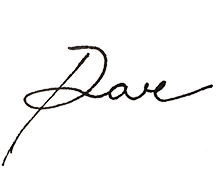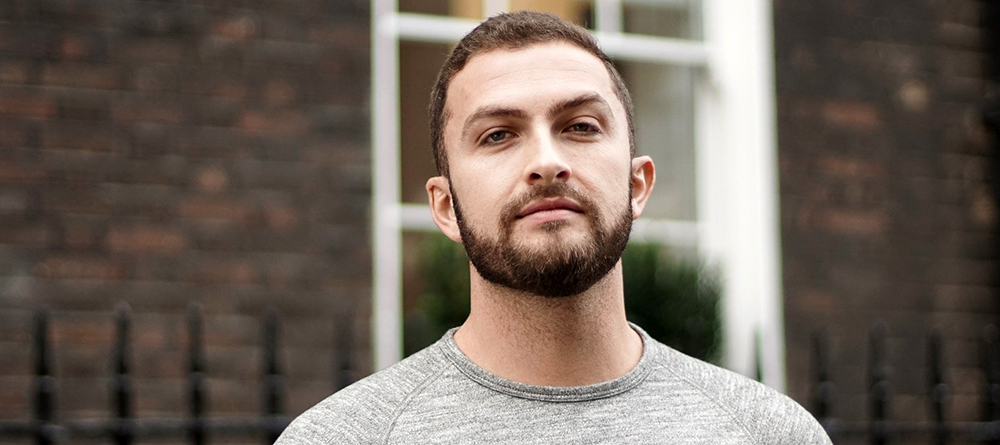This is the true story of a letter: a letter that was written many years ago.
The letter has no date, but it’s instructions are clear:
You may have inherited a serious heart condition based on the fact that members of your family are being treated for the same heart condition. We, the doctoral staff at Harvard Medical in Boston, recommend you immediately seek testing to confirm or deny that you possess this heart condition, since it is potentially life-threatening.
I don’t know when I first received the letter, but I do know that my Momma Bear, diligent and ferocious a caregiver as she is to her three cubs and to her husband, has held onto it ever since it arrived at our family home in Rhode Island.
Heart issues have had something of a frequent recurrence for my paternal side of the family; the Ursillo side, the “Little Bear” side of my tribe. One cousin was born with a hole in his heart; my sister was born with something similar, but I believe that it healed up relatively after she was born. For my father and his brother and one younger cousin, one such issue has persisted for years: a condition of the heart that must be closely monitored.
If it worsens, it can be life-threatening.
If it doesn’t, life can just go on as usual.
When the condition was discovered by doctors, and when doctors at Boston’s famed Harvard Medical School undertook my family members as patients, this letter was issued to all our immediate relatives, including me, my younger sister, my younger brother, my two big cousins and all five of my little cousins.
Much to the chagrin of Momma Bear, none of us had ever really done anything about it for years, thereafter.
The first copy of the letter that I received, I lost. I was living in Boston or New York City or even in Washington D.C. more than a decade ago when I got it, and I probably stuffed it into a folder with important documents, telling myself that I would go get it taken care of “whenever I was back in Rhode Island” where my doctors were, since I never stayed anywhere long enough to find a new doctor where I was living (or do basic things like update my address on my license; both were ways that I would non-commit to a place).
Flash forward more than five years after moving back to Rhode Island to take yoga teacher training, get my own apartment again, and really commit to putting sturdier roots down.
That’s when I received the second copy of the letter — insistent Momma Bear, yet again, offering the not-so-subtle reminder.
Despite my deep dive into health, wellness, body work, moving meditation and everything else that is the healing modality of yoga, the letter got lost again among other To Dos.
Which is to say that, yet again, the letter was something that I was more than comfortable avoiding than confronting.
That’s the tricky thing about avoidance.
Once you get comfortable avoiding something for a short time — a few days, a few weeks — avoiding it for longer durations, like months, or years, or even decades, feels like a total cake walk.
Avoidance is only truly uncomfortable for a short while. Before long, we acclimate to the fact that we’re avoiding something that we know, deep down, we ought to confront, face, or deal with head-on.
After a while, the avoiding of it becomes a part of our story; a familiar face in a sea of narratives that we feel like we can control if we are diligent enough to corral all the undesirable characters in front of us.
When what we are avoiding becomes a familiar, even comfortable, component of our story, the idea of “confronting what we are avoiding” feels like deliberating disrupting a well-under-control situation:
Why dredge up an old conflict with a loved one months and months later — even if I know I’m still brooding with resentment and anger about it? Isn’t it better to just let bygones be bygones?
Why unearth that decades-old desire to write my memoir, even if it was once so much my passion and calling? What good will it do me now to go back into those stories? What if I undo the healing journey I’ve been on, ever since?
Why get tested for the heart condition that I’ve gone a full ten years without getting tested for, if I’ve been fine for all this time without knowing?
When we avoid for long enough, the avoiding gets easier.
The friction of avoiding that we feel early on in our avoidance starts to dissipate. We acclimate to the discomfort. Our brains familiarize themselves with the uncertainty; we compartmentalize it, label it, make it our own as if it’s a new toy, and tuck it away into the closet of our memories.
For safe keeping, so we say.
For coming back to at a later time — when we’re “ready” — so we claim.
In behavioral studies, avoidance has a phrase. Some researchers call it “The Ostrich Effect,” alluding to the image of an ostrich burying its head in the sand (which is a myth, but no matter).
Researchers have actively studied why otherwise rational, logical, sane human beings show tendencies to avoid receiving news or learning skills that would actually help them — or even, save their lives:
— In one study, people actively resisted learning tips and techniques for developing healthier savings for retirement. By every indication, people claimed that it would cause them unnecessary suffering to change their saving and spending habits now, even if it meant having more for retirement.
— In another study, college students were presented with an opportunity to learn if they had acquired a sexually transmitted disease, at no cost, at their universities. When given the choice, a majority of students asked to not receive the news, for better or for worse. About a quarter of students actually were allowed by researchers to “destroy the evidence,” so as to prevent learning about it at any future time.
If this sounds like a modern phenomenon, it’s not.
According to legend, ancient Greek philosopher Aristotle, too, was perplexed by the phenomena of human beings knowing what was in their best interests and yet acting in ways that did not advance their best interest.
He was so vexed by people’s willful avoidance that he had to invent a whole new word for it in ancient Greek: akrasia, or “lacking command over oneself.”
Becoming a Student of Your Avoidance
The only reason that I today am a teacher of avoidance — helping writers, creatives, service-minded self-starters and purpose-driven professionals turn into their avoidance to do the creative work they feel called to do — is because I have been a student of my avoidance for as long as I can remember:
— One of my earliest memories in my life is running out of my Kindergarten classroom on the first day of school, desperately attempting to chase down my father before he reached his car in the parking lot (the audacity, to actually leave me there at school!).
— In junior high, I skipped the first two weeks of school, diligently feigning illness, because of the anxiety I felt around the suddenly-adult-seeming reality that was puberty and first girlfriends and body odor and marijuana cigarettes. Nope, too much for me. I bailed.
— In high school, I was humiliated on the first day of soccer practice when two coaches forced me to run a mile — after never working out, let alone training, for any athletics in my young life. Despite soccer being one of my first ever passions as a child, I quit soccer after, and never played again.
But today, as I write you, I still have the cold gelatin goo smeared on my chest: remnants from my first ever echocardiogram; the test I was encouraged by doctors to take more than a decade ago that I’ve diligently avoided ever since.
I don’t know the results yet.
But, regardless, I’m proud of myself for facing down what I had been avoiding; what would have been easier, and easier, and easier, to continue avoiding over time.
As a student of avoidance, I believe that what we are avoiding is not so much a matter of personal obligation or moral responsibility.
I believe that what we’re avoiding provides us with the most direct, powerful, transformational pathway into undoing stale habits; healing lingering wounds; and transmuting discomfort into purposeful action.
I believe that facing what we’re avoiding is the first and only “next step” that we need to take toward profound self-actualization.
In 2019, I want to invite you to join me in facing down whatever it is that you’re avoiding, too.
Because you feel ready.
Because you’re tired of the story of avoiding it.
Because you trust that, by facing what you’re avoiding, you open yourself to a whole new world of purpose, potential, and positive possibility.
No concerned Momma Bear required — although, they are always very lovingly appreciated.
Yours in “unavoiding” in 2019,

